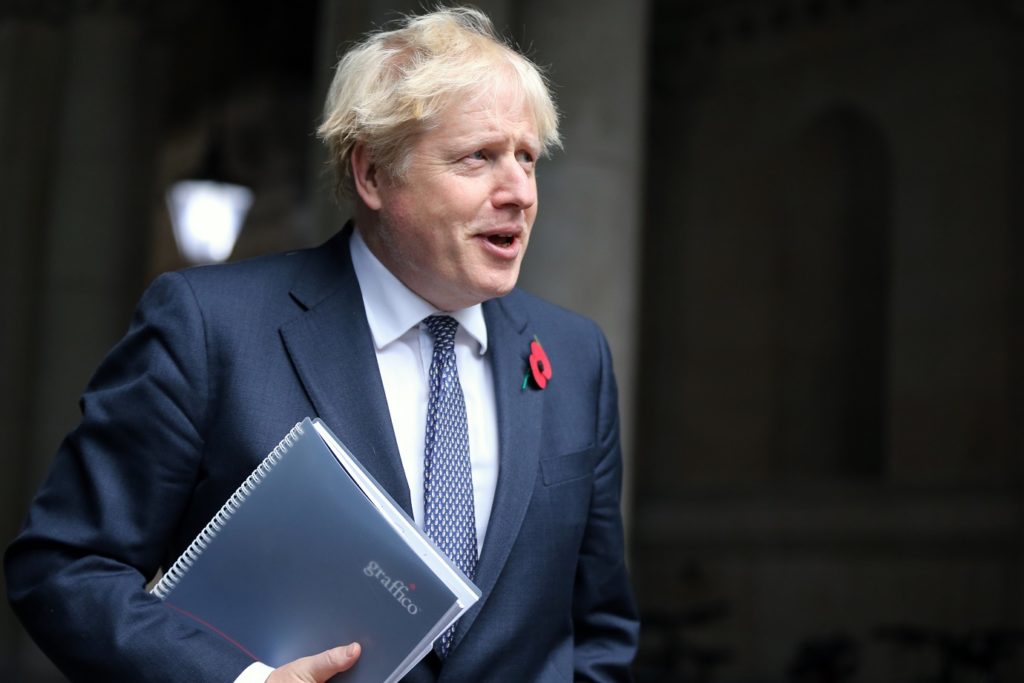UK Prime Minister Boris Johnson is facing renewed calls to resign, as several ministers and MPs from inside his own government have announced their own resignations, or written letters of no confidence.
The unprecedented mass resignation of more than 40 members and aides in a 24-hour period, including Johnson’s finance minister, chancellor, and health secretary, come as calls for the prime minister to resign intensify.
Johnson has also sacked his political rival Michael Gove from cabinet, removing one of the most senior and long-standing figures in the Conservative Party.
It follows Johnson’s mishandling of sexual misconduct allegations against MP and former deputy chief whip, Chris Pincher.
So far, Johnson has refused to resign despite the uproar, vowing to push through amid the flood of resignations and letters of no confidence from within the government.
“At some point, we have to conclude that enough is enough,” former Health Secretary Sajid Javid told parliament on Wednesday. Javid was the first minister to resign as a protest of Johnson’s leadership.
Johnson’s prime ministership has been plagued by a string of continuous scandals, including being fined for attending a party that took place at Downing Street during COVID-19 lockdowns. He narrowly survived a vote of no confidence earlier in June and has since admitted that he was briefed about the misconduct allegations that had been made against Chris Pincher before promoting him.
In Parliament on Wednesday, the prime minister was asked under what circumstances he would resign, with Johnson insisting he would hang on to the top job because he had a “mandate”.
“Frankly, the job of a prime minister in difficult circumstances when you have been handed a colossal mandate is to keep going and that’s what I’m going to do,” Johnson said.
According to the BBC, a YouGov poll this week showed that 69 per cent of people in Britain thought Johnson should resign, including more than half of Conservative Party voters.

